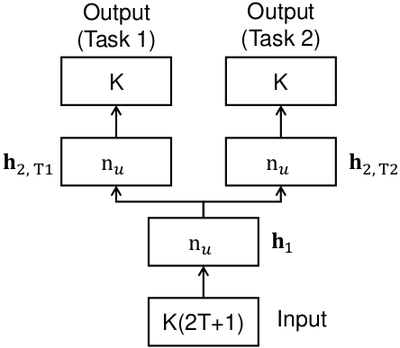Lei Wang finishes her internship at Idiap
To cope with reverberation and noise in single channel acoustic scenarios, typical supervised neural network-based techniques learn a mapping from reverberant and noisy input features to a user-defined target. Commonly used targets are the desired signal magnitude, a time-frequency mask such as the Wiener gain, or the interference power spectral density that can be used to compute a time-frequency mask. During her internship, Lei developed a framework to incorporate multi-task learning in such enhancement techniques by using speech presence probability estimation as a secondary task assisting the target estimation in the main task. The advantage of multi-task learning lies in sharing domain-specific information between the two tasks and learning more generalizable and robust representations. To simultaneously learn both tasks, she proposed to use an adaptive weighting method of losses derived from the homoscedastic uncertainty of tasks. More details on the work that Lei has done at Idiap can be found at https://arxiv.org/abs/2011.07547


